
'It Was a Great Learning Experience for the New Generation of Mathematicians'
From November 5 to 9, 2024, HSE University hosted a five-day conference on algebraic geometry and mathematical physics, organised jointly with the Beijing Institute of Mathematical Sciences and Applications. Over 30 mathematicians from the world's leading universities, including early-career scientists, participated in the event.
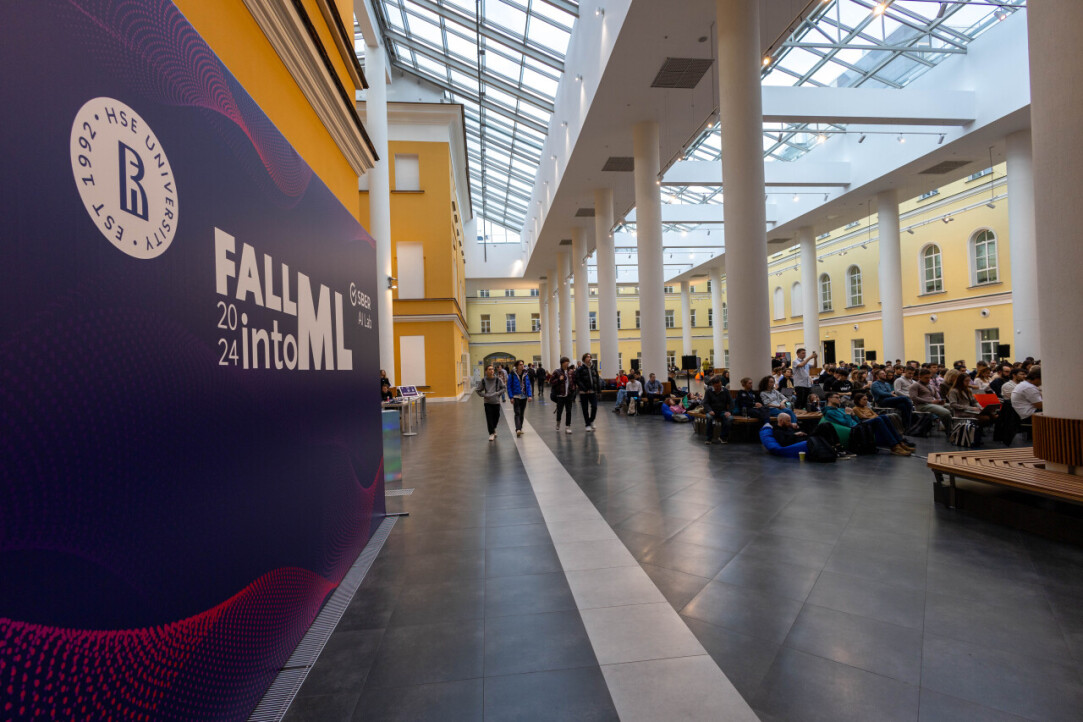
Fall into ML 2024: Looking into the Future of Machine Learning
On October 25-26, the Fall into ML Conference was held in Moscow, organised by the AI and Digital Science Institute of the HSE Faculty of Computer Science in collaboration with the AI Research Centre and with support from the title partner, Sber. Over the course of two days, leading experts in artificial intelligence discussed prospects for advancing fundamental AI technologies.
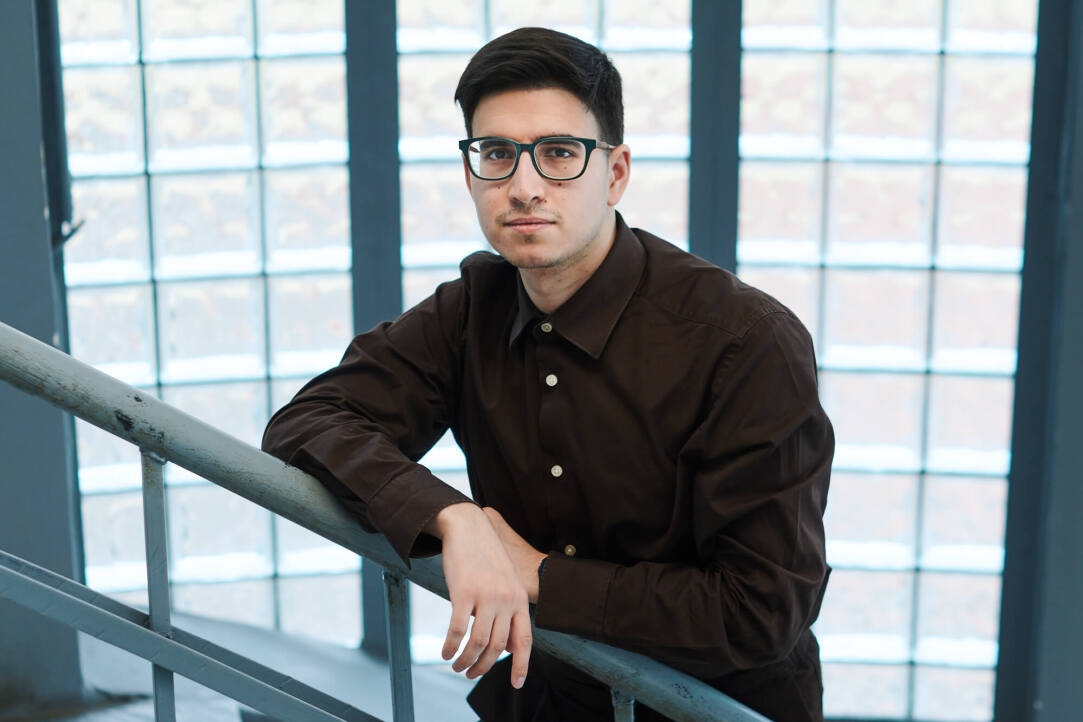
'I Have an Interest in Everything Related to Islam and Politics'
Mir-Ali Askerov became a scientist out of curiosity: initially, he read about the activities of radical Islamist groups, and later, he learned how to study them academically. In this interview with the HSE Young Scientists project, he explains why he chose to study moderate political parties in Central Asia, discusses the concept of God's sovereignty in lawmaking currently adopted in Afghanistan, and shares his fascination with Sufism.
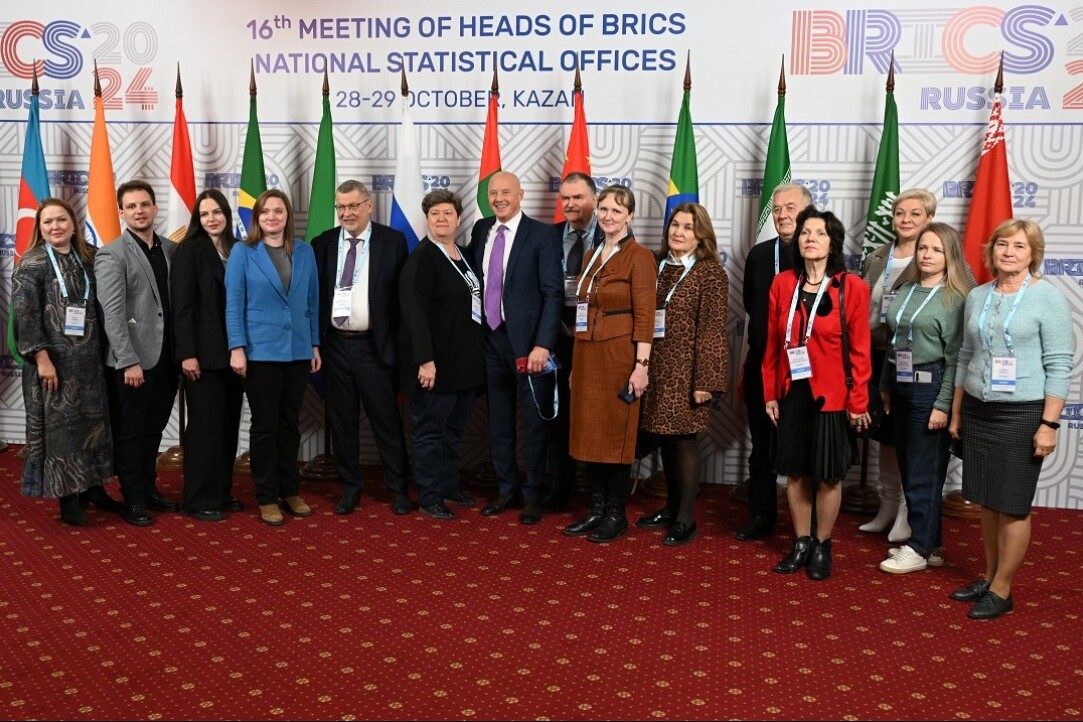
BRICS Representatives Discuss the Development of Statistics in Member Countries
The significance of statistics in today’s digital age has reached a new level. Many decisions at government and business levels are based on data analysis. However, there is a mixed perception of official statistics, which negatively affects trust in public policies. The heads of BRICS statistical agencies discussed this issue and ways to address it at a forum in Kazan, where a representative from HSE University also participated in the event.
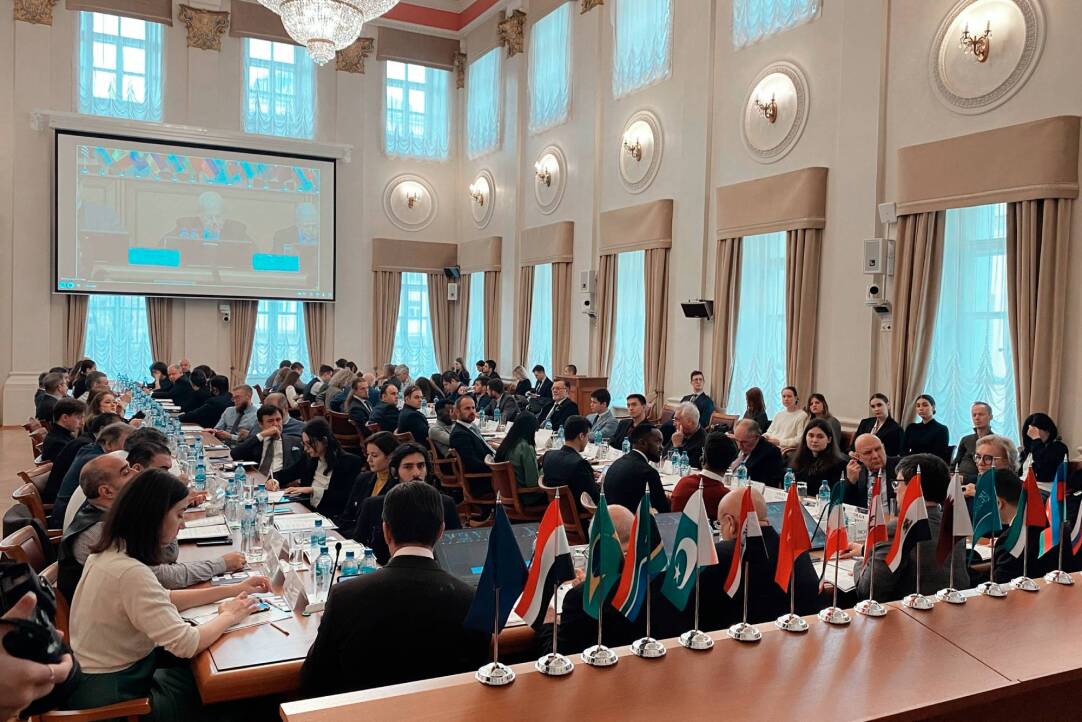
The Path to Multipolarity Runs Through Siberia
HSE University held the VI International Conference, ‘The World Majority towards a New International Order.’ Scholars discussed the development of a multipolar world, the role of the Global South in this emerging order, Russia's collaboration with countries of the world majority, the new role of Siberia in Russia's turn to the East, and closer expert cooperation to enrich the intellectual foundation of new principles in international order.

HSE Teachers Awarded Yandex ML Prize
The awards ceremony for the international Yandex ML Prize was held in Moscow. This year, all three winners in the ‘ML Educators’ category were HSE faculty members—Evgeny Sokolov, Associate Professor and Head of the Big Data and Information Retrieval School, Anton Konushin, Associate Professor at the Faculty of Computer Science, and Aleksei Shpilman, Associate Professor at the Department of Informatics at HSE’s St Petersburg School of Physics, Mathematics, and Computer Science.
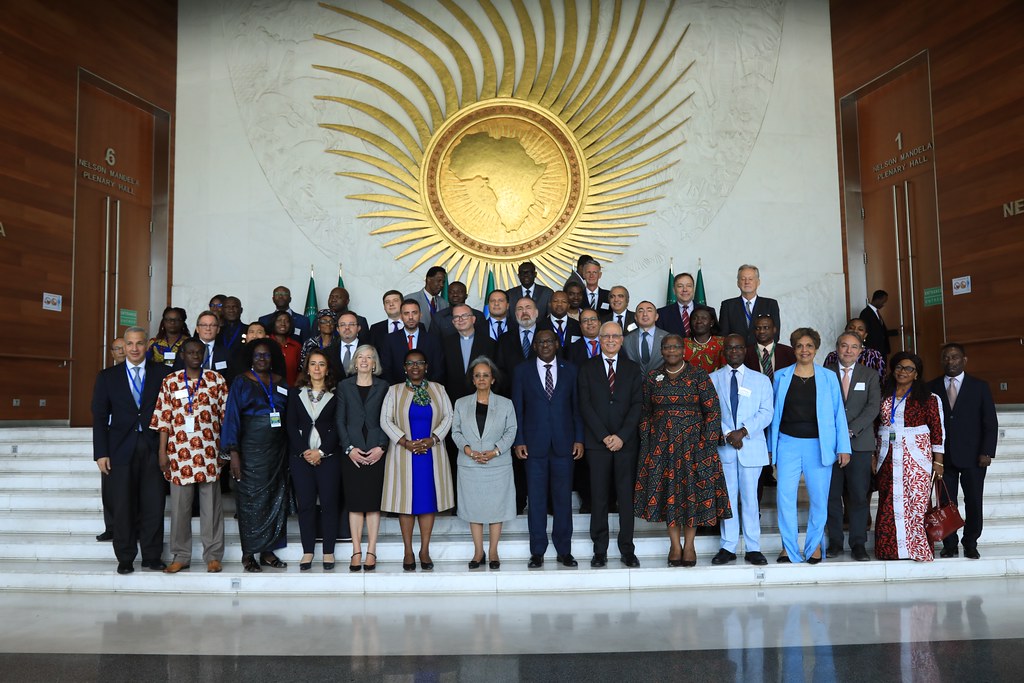
HSE Experts Help to Implement Science and Technology Foresight in Africa
The population of African countries is growing so fast that the continent is likely to play a significant role in global development. However, the socio-economic situation in African States remains dramatic. Access to high-quality education, the development of science and high technologies are crucial in addressing these challenges. Professor Alexander Sokolov, Head of the UNESCO Chair on Future Studies at HSE University, spoke at the International Forum of UNESCO Chairs and Partners ‘Transforming Knowledge for Africa’s Future.’ The event took place in Addis Ababa, Ethiopia.
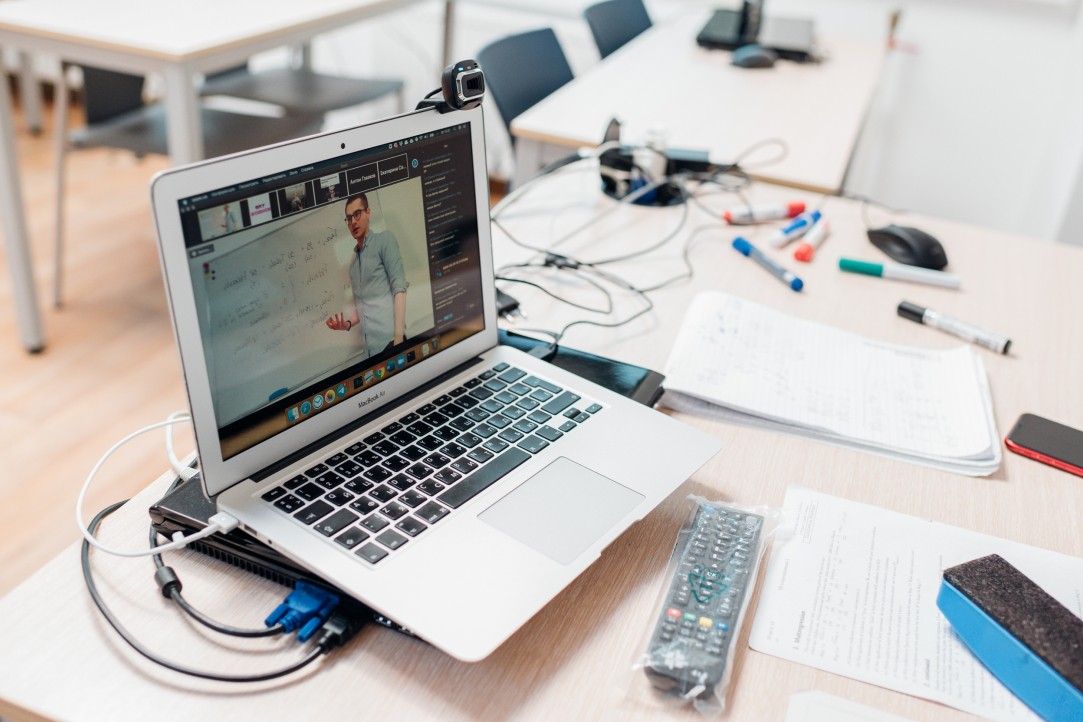
‘Science Is International and Aims to Benefit All of Humanity’
On October 28–30, 2024, the autumn school ‘Advances in Decision Analysis’ took place at HSE University, organised by the HSE International Centre of Decision Choice and Analysis. Among its speakers were prominent Russian and international researchers, including Nobel laureate in Economics and centre member Eric Maskin. Professor Fuad Aleskerov, head of the Centre and of the Department of Mathematics at the HSE Faculty of Economic Sciences, shared insights about the school.

Secret to Creativity: What Is Needed for the Development of Creative Industries
The importance of creative industries in driving economic development is undeniable today. Russian and foreign researchers came together at HSE University for the IIV International Academic Conference 'Creative Economy: Main Development Trends and State Policy' to discuss the factors and specific aspects shaping this field.
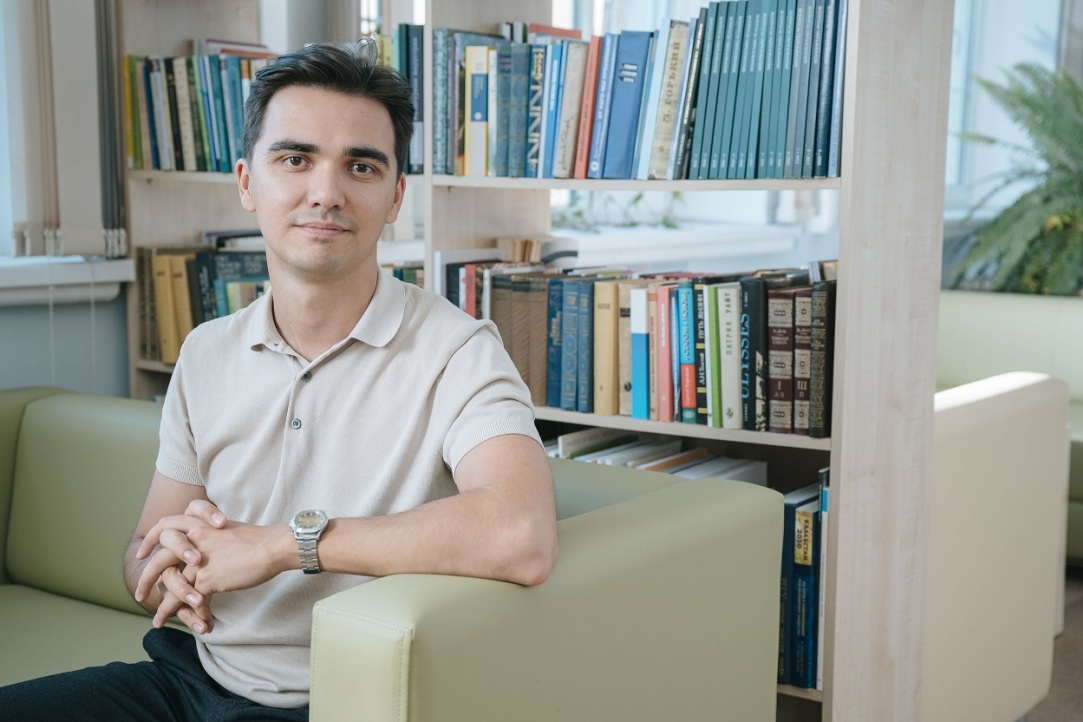
'Science Does Not Permit Fakes and Cheating'
As a child, Konstantin Anchikov imagined becoming 'director of the office,' and now he is researching general and extracurricular education. In this interview with the HSE Young Scientists project, he speaks about his squabbles with ChatGPT, the educational trajectories observed in remote regions, and his field expeditions to Kamchatka and Transbaikalia.

